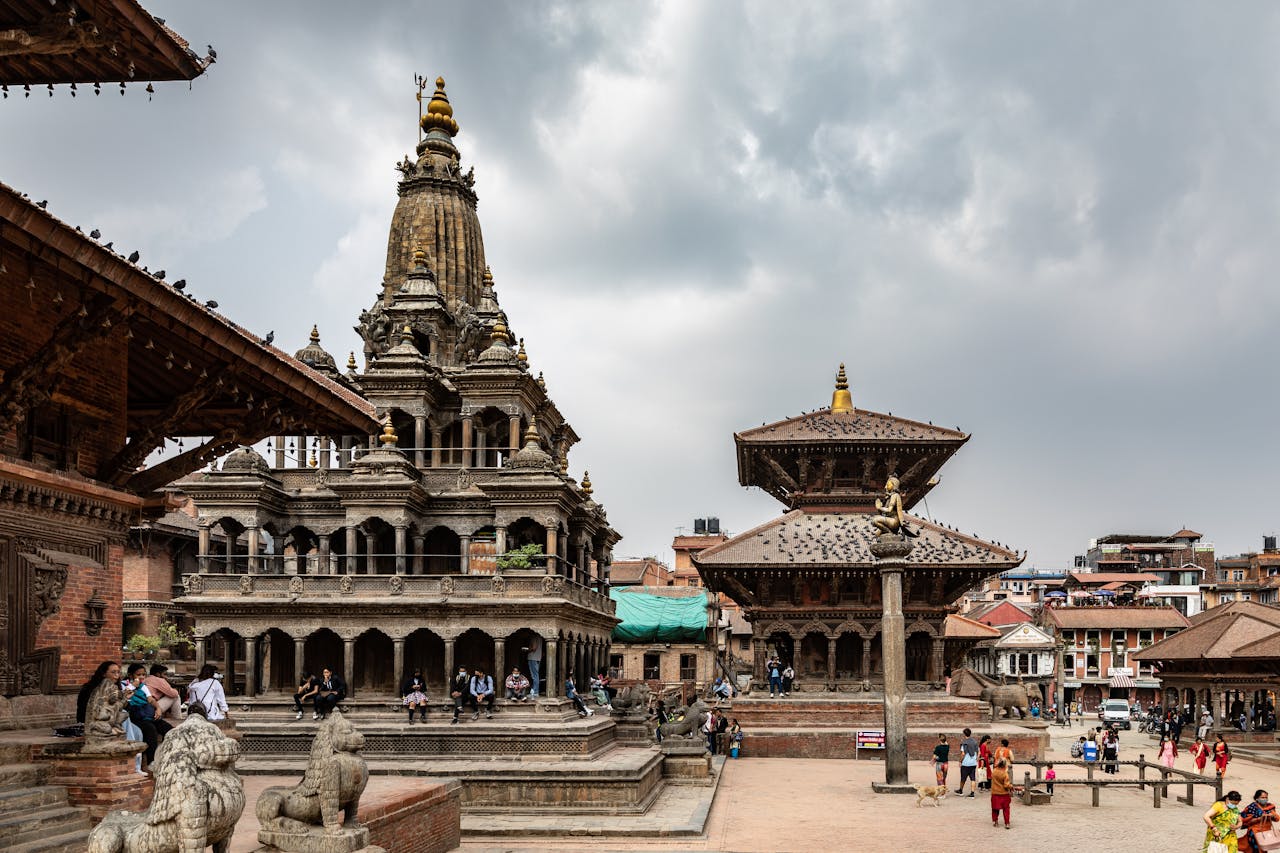In Hindu mythology and scriptures, the departure of Lord Krishna from Vrindavan is a significant event known as “Vrindavan Vyakulata” or “Krishna’s departure from Vrindavan.” This event is described in various texts such as the Bhagavata Purana, which narrates the life and activities of Lord Krishna.
According to these scriptures, Lord Krishna left Vrindavan around the age of 11 or 12. The primary reason for his departure was to fulfill his divine mission and duty as the avatar (incarnation) of Lord Vishnu. Lord Krishna’s ultimate purpose was to rid the world of evil and establish righteousness (dharma).
Several factors contributed to Krishna’s departure from Vrindavan:
- Call of Duty: Lord Krishna had a divine mission to protect righteousness (dharma) and destroy evil forces. He was destined to leave Vrindavan and embark on his journey to Mathura, where he would eventually confront and defeat his uncle, the tyrant King Kansa.
- Destiny and Divine Plan: Krishna’s departure from Vrindavan was part of the divine plan orchestrated by Lord Vishnu. It was preordained that Krishna would leave Vrindavan and take on greater responsibilities to fulfill his role as a divine avatar.
- Teachings and Lessons: Lord Krishna had completed his childhood pastimes (leelas) in Vrindavan, where he spent his early years playing with his devotees, performing miracles, and engaging in divine activities. His departure marked the transition from his childhood to his youth, during which he would impart profound spiritual teachings and demonstrate the path of righteousness through his actions.
- Preparation for the Kurukshetra War: Krishna’s departure from Vrindavan eventually led him to the kingdom of Mathura, where he played a pivotal role in the events leading up to the Kurukshetra War, as narrated in the Mahabharata. His actions during the war, including his teachings to Arjuna in the Bhagavad Gita, were crucial in upholding dharma and establishing righteousness.
Krishna’s departure from Vrindavan is often depicted as a poignant and emotional moment, symbolizing the longing and separation experienced by devotees who yearn for his divine presence. However, it also marks the beginning of Krishna’s illustrious journey as a spiritual leader, teacher, and guide to humanity.

